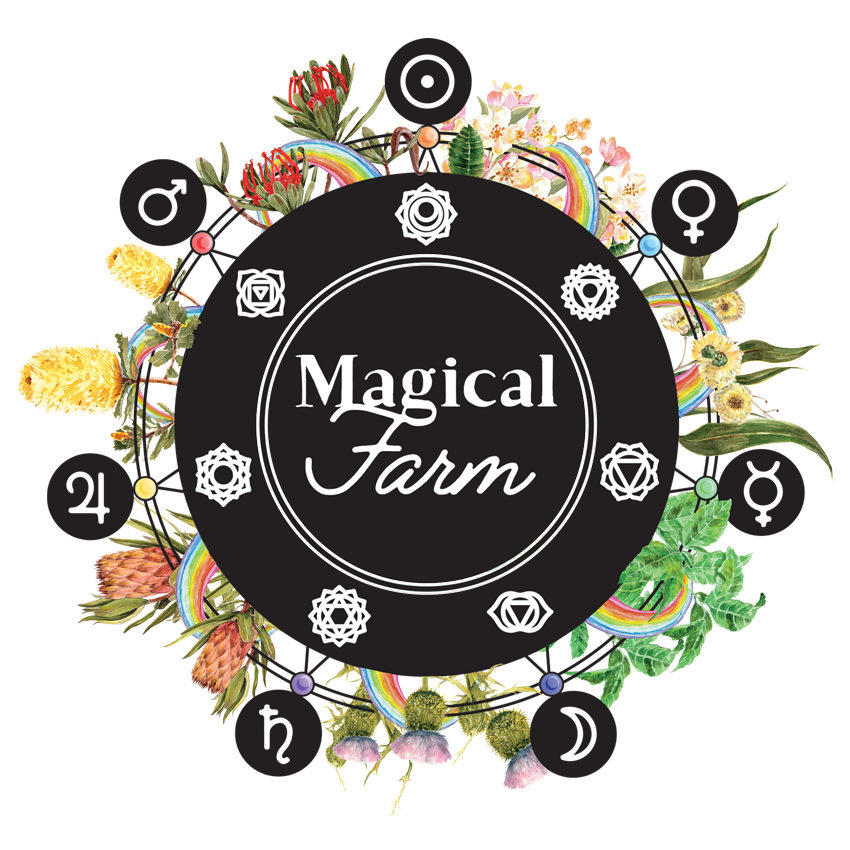By Dr. Demeter, Magical Farm Tasmania
For five consecutive years, a circle of us have gathered in the wilds of remote Tasmania: women, herbalists, permacultralists, earth-lovers, and seekers of slow, sacred ways. In these gatherings, under eucalypt canopies and beside crackling fires, we have shared food, stories, skills, seeds, and silence. Throughout the year, our connection continues through an online thread a lifeline of recipes, insights, tears, and laughter. What holds us together is not just our shared love of plants, but a collective inquiry: How do we live well and wisely in a world unraveling?
One evening, amidst this beloved circle, a question rose …. What herbs do we need to change the world?
“Comfrey,” said one herbal friend... “It reminds us of connection of knitting back what’s been torn.”…“Yarrow,” another offered…. “For integration it grows in the in-between places, like a bridge.” Then, after a soft pause, a wise herbal elder spoke. Her voice was slow and strong, rooted like a tree:
“We need all the herbs.”
Her words pierced something deep in me an echo of an ancient truth. They reminded me of the beautiful teaching of Arturo Escobar, who, drawing on Indigenous South American wisdom, speaks of “designs for the pluriverse.” He reminds us that healing will never come through one universal model but through many worlds, many ways, woven together in mutual respect and interdependence.
This circle, and this moment, encapsulate the heart of my philosophy: ‘Con Viv’ to live with life. Yes, I write often about the critique of the machine, the bureaucracy, the hollowing out of meaning by data and spin. But critique alone is not enough. We must also imagine, propose, and practice. And more than anything, we must listen to the more-than-human world. The plants our kin are not just medicine, metaphors, teachers and symbols.
To speak of comfrey, yarrow, chamomile, nettle, mugwort, elder, and calendula is to speak in the language of repair. Each herb is a thread in a wider tapestry, a mycelial strategy for healing. As fungi weave unseen networks beneath the soil, binding forests together, so too do we need a web of diverse responses to the crises we face: ecological, social, spiritual.
In that circle, we weren’t just naming herbs. We were naming possibilities. Remembering that diversity is resilience and it is not one solution, or one campaign, or one way of knowing that will heal this earth, but many.
All the herbs.
All the people.
All the ways of seeing.
May our gatherings, our gardens, our grief, and our gratitude continue to be part of this pluriversal healing. May we root deeply, reach widely, and remember that living with life means honouring complexity, not fearing it. The future is not yet written, but if we listen closely, the earth is whispering the next chapter through the plants.
With herbal hope,
Dr. Demeter
Magical Farm Tasmania



